Photo: Maria with her students and telescope, 1866. Courtesy http://150.vassar.edu/histories/physics-and-astronomy/
An 1879 Godey's magazine article about Maria Mitchell http://tinyurl.com/y8lcso5t
An excerpt from Love Will Find A Wheel:
"…Jacob suddenly realized he'd misjudged demand and made a major oversight when ordering his first shipment of stock.
How quickly can I get one here?
He was already pulling out his watch as he asked the company, "Does anyone know what time the telegraph office closes today?"
"Three p.m. on Saturdays," Felix answered with a reporter's immediate comprehension of time constraints. "And it's the one day of the week when they don't lose any time locking up."
Jacob snapped his watch closed and thrust it back into his pocket. I might —just might— make it, but I need the code list from the shop! "Excuse me, please, I just realized I need to get there before they close."
He rushed out the door, putting on his cap in mid-stride. He grabbed his bike from where it rested against the side of the Browns' house and set off as fast as the sixty-inch wheel could take him.
At 2:59 p.m. he stood, out of breath, in the Chetzemoka telegraph office. In his hand he clutched a sheet headed "1882 Coventry Cycles Telegraph Codes." He had just sent the following message to the distributing office in England: ACT BEGIN CERTAIN ADMIRE ALLOW"
--From Love Will Find A Wheel
Read the rest of the story!
https://www.amazon.com/Love-Will-Find-Wheel-Chetzemoka/dp/153779874X/ref=sr_1_6?ie=UTF8&qid=1532363331&sr=8-6&keywords=Tales+of+Chetzemoka
More history behind the series: www.thisvictorianlife.com/historical-fiction.html
More details of the event and wonderful pictures can be found here: <https://vintagebicycle.wordpress.com/2018/01/03/newly-discovered-photographs-harrogate-cyclists-meet-1879-and-1880/>
Excerpts from A Trip and a Tumble about arc lights:
"…"Have you men seen electric lights?"
"Jacob's told us about the big arc lamps in New York, but—" Felix stared around at the night-turned twilight. He could already see the road beyond his hub lamp, and things were growing even brighter the closer they came to the city. By the time they reached downtown it would seem like nearly full daylight. "—It was hard to really picture anything this dramatic."
Peter smiled and nodded. "Quite the times we live in, aren't these?"…" —Chapter 12, A Trip and a Tumble
From Appendix IV of A Trip and a Tumble:
"…In the May 21, 1885 edition of The Daily British Colonist an article appeared discussing the cost of upkeep for Victoria, B.C.'s electric streetlight towers, and the city's incredibly bright arc lamps are mentioned in various other accounts… In A Trip and A Tumble, seeing Victoria's arc lights makes Felix reflect on the lighting systems in Philadelphia. The idea of gas lighting on the public streets of Philadelphia was first proposed in 1807 and instated on February 18, 1836. By the time Felix was born in 1861, these lights would have been ubiquitous throughout the city. When electric lights were first introduced, there was controversy over whether it was worth the trouble and expense of replacing an entire existing infrastructure of lighting. For more on this topic, see "Street Lighting in Philadelphia: A Retrospect." The Record of Growth: A Monthly Journal of Material Progress. February, 1882, pp. 34—36."
—Appendix IV, A Trip and a Tumble
Buy the book on Amazon!
When Pinkerton entered the detective business in the mid-19th-century, the field of private investigation had a very seedy reputation. Prior to Pinkerton's work, private detectives were looked on as muck-rakers and scandal-mongers who would stop at nothing to dig up support for their clients' version of events —even when their clients' version of events had no resemblance to truth and they had to fabricate false evidence. Allan Pinkerton specifically made it his life's work to ennoble the profession and to be a ceaseless advocate of honesty and justice. His agency was the first to hire a woman (Kate Warne) as a regular member of their investigative team; Pinkerton recognized Warne's keen investigative skills and appreciated the added depth of insight which having a woman on the team provided to the agency's crime-fighting efforts.
Various 20th and 21st-century media representations of Pinkerton and his agency often present them in an unjust light, which is a pity considering how deeply the man valued truth and decency. Films and other forms of fiction often mix up Pinkerton's upright detectives with the seedy, disreputable sort he specifically spoke out against —which, no doubt, would have annoyed him exceedingly. For Pinkerton's own accounts of some of his agency's cases, I highly recommend his books —here are just a few of them:
Spiritualists and Detectives by Allan Pinkerton
The Detective and the Somnambulist by Allan Pinkerton
The Expressman and the Detective by Allan Pinkerton
Librivox (free audiobook) version: librivox.org/the-expressman-and-the-detective-by-allan-pinkerton/
Pinkerton's true-crime mysteries make for great reading; fine details render each scene with almost tangible clarity while the reader follows the detectives through life-threatening investigations. They have a distinctly noir feel which predates the genre and probably helped inspire it. His 1876 non-fiction story about exposing con artists, Spiritualists and Detectives, inspired Book III in my Tales of Chetzemoka, A Rapping At the Door. There's a bit of Pinkerton himself in the Chetzemoka character of Felix, as well: they both seek to ennoble professions which had been known for their immorality, and they're willing to put themselves into very real danger in the service of the truth. Also, though they both take their investigations very seriously, each has a lighter side as well: Pinkerton had a penchant for practical jokes, and we all appreciate how Puckish Felix can be!
In Spring 2016 Pepsi released "1893 Cola", in reference to the year the original drink was formulated. http://www.pepsi.com/en-us/-/1893
Provisions in season in August
Fruit.- Currants, figs, filberts, gooseberries, grapes, melons, mulberries, nectarines, peaches, pears, pineapples, plums, raspberries. --From Isabella Beeton's The Book of Household Management, 1893 edition, pages 123-126.
"Peaches come from the Bermudas May 1; from the South July 1; and are plenty in market from August to November." --The Women's Exchange Cookbook, late 19th-century, p. 435.
Special days in August:
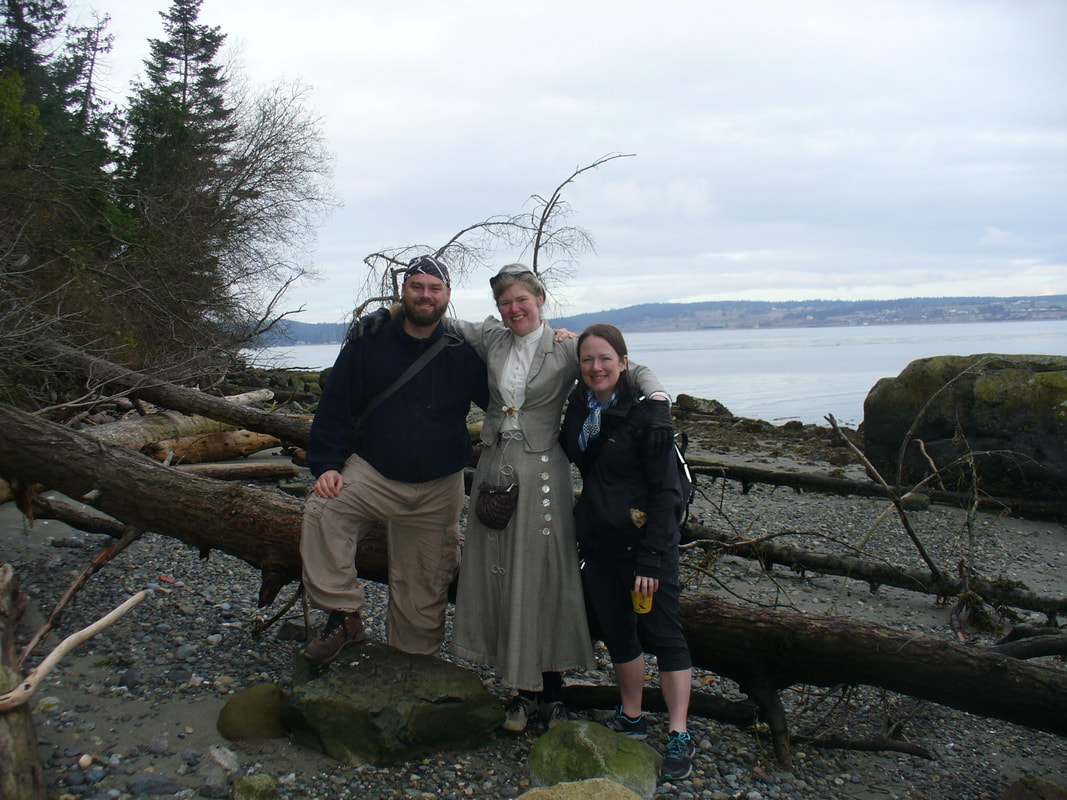
An excerpt from This Victorian Life:
"The invention of the root beer float is often credited to Frank J. Wisner of Cripple Creek, Colorado, and dated to August 1893. However, an oft-repeated story about him having the idea for his “black cow” drink after seeing a full moon rise over a snowy mountain is probably apocryphal. Even if it isn’t, nineteenth-century magazines debunk the idea that Wisner’s idea was a novel one.
In 1892—a year earlier than Wisner supposedly imagined his black cow drink--The Western Druggist was already assuring its readers that, “The now quite general custom of serving ice cream with soda water is not of so recent origin as is commonly assumed.” The publication goes on to explain that Eugene Rouselle had originated the idea in Philadelphia “some thirty-five years ago”—or around 1857. Rouselle, “who kept an elegant establishment on Chestnut Street. . . Philadelphia, and who first introduced bottled soda in the United States,” mixed chilled, flavored syrup with ice-cold cream and then added “a liberal quantity” of shaved ice. (He kept a carpenter’s plane at his soda fountain to shave the ice.) He then dispensed carbonated water onto the creamy, sweetened mass of ice and served his customers “a most delicious and cooling drink.” These were so popular that other purveyors of soda counters attempted to copy Rouselle’s model, but his would-be rivals felt that his process was too troublesome; it used too much ice, and the cream would often sour. (The article doesn’t specify whether the cream was souring because Rouselle’s rivals weren’t as conscientious about keeping it on ice as he was or because they were mixing it with more acidic syrups than Rouselle’s. It seems likely that both problems were encountered at different times and by different businesses.) To make the process easier and more cost-effective, many drug stores started replacing the combination of shaved ice and plain cream with a spoonful of ice cream, and the ice cream soda was born!
In August 1891, the Hires Root Beer Company was selling an average of 15,000 bottles of root beer extract per day and estimated that 1,500,000 glasses of their product were being consumed on a daily basis.130 Root beer syrup wasn’t the only option for flavoring in ice cream sodas, but given the drink’s beloved status, the purveyor of a soda counter would have been extremely foolish not to stock it.
By 1897, ice cream sodas had taken over the soda trade so thoroughly that druggists were actively discouraging people from buying them in an effort to push their customers toward more profitable drinks..."--This Victorian Life, Skyhorse Publishing: 2015, pp. 159-161.
Historical Soda articles:
The American Drink (1897) : http://www.thisvictorianlife.com/the-american-drink.html
Evils of Encouraging the Ice Cream Soda Trade (1897) : http://www.thisvictorianlife.com/evils-of-encouraging-the-ice-cream-soda-trade.html
How to Draw A Glass of Ice Cream Soda (1893) : http://www.thisvictorianlife.com/how-to-draw-a-glass-of-ice-cream-soda.html
Origin of Ice-Cream Soda Water (1892) : http://www.thisvictorianlife.com/origin-of-ice-cream-soda-water.html
Serving Ice Cream Soda (1901) : http://www.thisvictorianlife.com/serving-ice-cream-soda.html
Soda Water (1896) : http://www.thisvictorianlife.com/soda-water.html
Gifts for your favorite bibliophile: https://www.zazzle.com/collections/book_lovers-119432600500563367
Of course, books are the best gifts of all!
Shop books: https://www.amazon.com/default/e/B00EB0E8OE?redirectedFromKindleDbs=true
August 11th, 2018 is our sixteenth wedding anniversary. We would both consider it a wonderful gift if you would write a nice, 5-star review for one of my Tales of Chetzemoka books —or better yet, buy one for a friend!
First Wheel in Town:
A Victorian Cycling Club Romance
Buy the book
Learn more
Love Will Find A Wheel:
A Victorian Cycling Club Romance
Buy the book
Learn more
A Rapping At The Door:
A Victorian Cycling Club Suspense Story
Buy the book
Learn more
Delivery Delayed:
A Victorian Cycling Club Romance
Buy the book
Learn more
A Trip and a Tumble:
A Victorian Cycling Club Story
Buy the Book
Learn More
Shop Tales of Chetzemoka merchandise
From my story, Love Will Find A Wheel: "…There was a huge platter of waffles on the sideboard in the dining room, along with a jug of hot maple syrup, a pot of strong coffee, cream thick enough to cut, and enough bacon to satisfy a lumberjack. Silas sat at the head of the table, glowering at all the rich food from over his oatmeal and toast water.
"Your digestion will curse you for it," he predicted as Jacob piled his plate high. "Mark my words!"
Jacob smiled unconcernedly. "I'll take my chances." He poured a river of syrup over his waffles and dug into them with enthusiasm while his uncle looked on in abject horror…"
Read the rest of the story!
Love Will Find A Wheel:
A Victorian Cycling Club Romance on Amazon
Click here to buy Tales of Chetzemoka books.
Click here to shop Tales of Chetzemoka merchandise
Click here to read the secret histories behind the series!
***
A Bouquet of Victorian Roses
The Rose of Stars
When Love, our great Immortal,
Put on mortality,
And down from Eden's portal
Brought this sweet world to be,
At the sublime archangel
He laughed with veilèd eyes,
For he bore within his bosom
The seed of Paradise.
He hid it in his bosom,
And there such warmth it found,
It brake in bud and blossom,
And the rose fell on the ground;
As the green light on the prairie,
As the red light on the sea,
Through fragrant belts of summer
Came this sweet world to be.
And the grave archangel, seeing,
Spread his mighty vans for flight,
But a glow hung round him fleeing
Like the rose of Arctic night;
And sadly moving heavenword
By Venus and by Mars,
He heard the joyful planets
Hail Earth, the Rose of Stars.
—G.E. Woodberry, 1896
Get this on a poster or card
Get a book of Victorian writings on roses
Quotations of Quality
A Commonplace Book of Victorian Advice, Wit, and Observations on Life
"[F]or the one we truly love we entertain at once the highest respect, the deepest reverence, the most tender kindness and the most intense sympathy; and our keenest approbativeness is experienced in relations to that one. In that one we see the heights and depths of real beauty and genuine purity; toward that one we are peculiarly and irresistibly attracted, as iron is drawn to a magnet."
—Lyman B. Sperry, 1900.
Get this on a card
Get a book of great Victorian quotes like this one
The Wheelman's Joy
Victorian Cycling Poetry and Words About Wheels
My Wheel
I love my wheel as men are said
At times to love a horse,
And when I treat it harshly I
Am filled with much remorse.
I take it on the best of roads,
And keep its tires fed.
I never fill them with bad air,
But choose the best instead.
And as horse-lovers groom their steeds
Until their sleek sides shine,
So with the best of polish I
Rub up that bike of mine.
And when it shows some weakness
In its sprockets I repair
As horsemen, to the doctor who
Will give it best of care.
And in return my well-loved wheel
Shows me affection great.
It rarely throws me o'er its head
To crack my massive pate.
And if it happens that I fall,
As it must sometimes be,
My grateful little wheel takes care
That it falls not on me.
Yet, like a horse, it has some faults,
At which I close my eyes.
Sometimes upon the boulevard
My little bikelet shies.
Sometimes, when I would mount, it seems
Quite frisky, and will go
Off to one side and wobble for
A dozen yards or so.
But on the whole it's amiable,
Its spirits never flag,
And I would never swap it off
For any splendid nag.
For best of all its qualities,
When winters on the hook,
My little bikey is no tax
Upon my pocketbook.
--Harper's Bazaar, 1896.
Get this on a card
Get a book of Victorian bicycling quotes and poetry
Love's Messenger
A Choice Collection of
Victorian Love Poetry
Ere summer, on unsandaled feet,
Goes, with her wealth of roses sweet,
Oh, darling one, please give to me
A rosebud, sweet and fair to see.
A lovely rose of creamy-white,
Oft kissed by shining rays of light,
And oft refreshed by gentle dew
And summer rain. Oh, dear one true,
Please let this lovely rosebud be
A token of thy love to me.
Oh, give me, dear, a rosebud fair,
That thou hast watched with tender care.
Perfect its beauty; for I know
Its loveliness would rarer grow
Beneath the gleamings of thine eyes,
Bright as the blue of sapphire skies,
A sacred treasure it will be,
A token of thy love to me.
—Aurora Vane, 1883.
Get this on a card or a poster
Get a book of beautiful Victorian love poetry which includes these verses
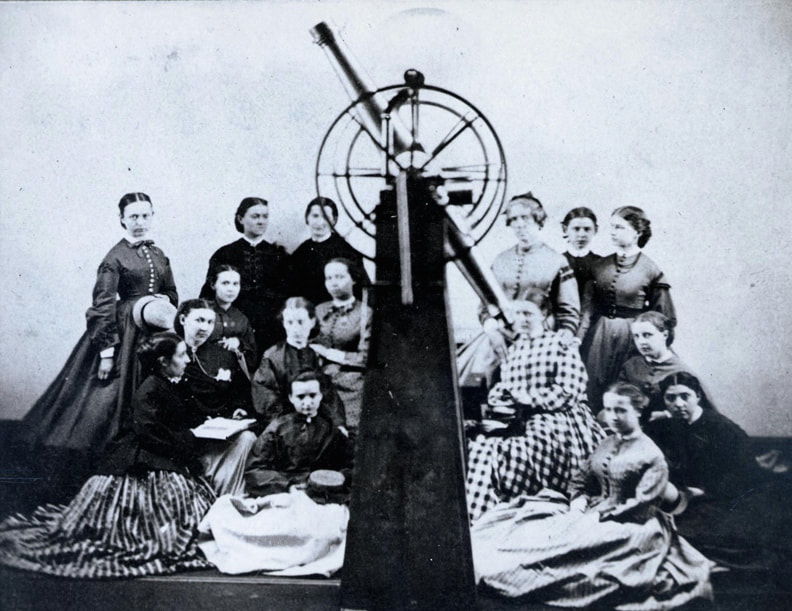
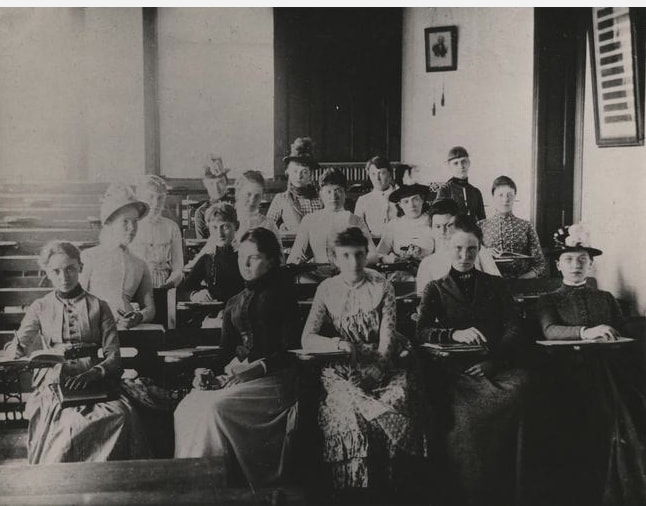

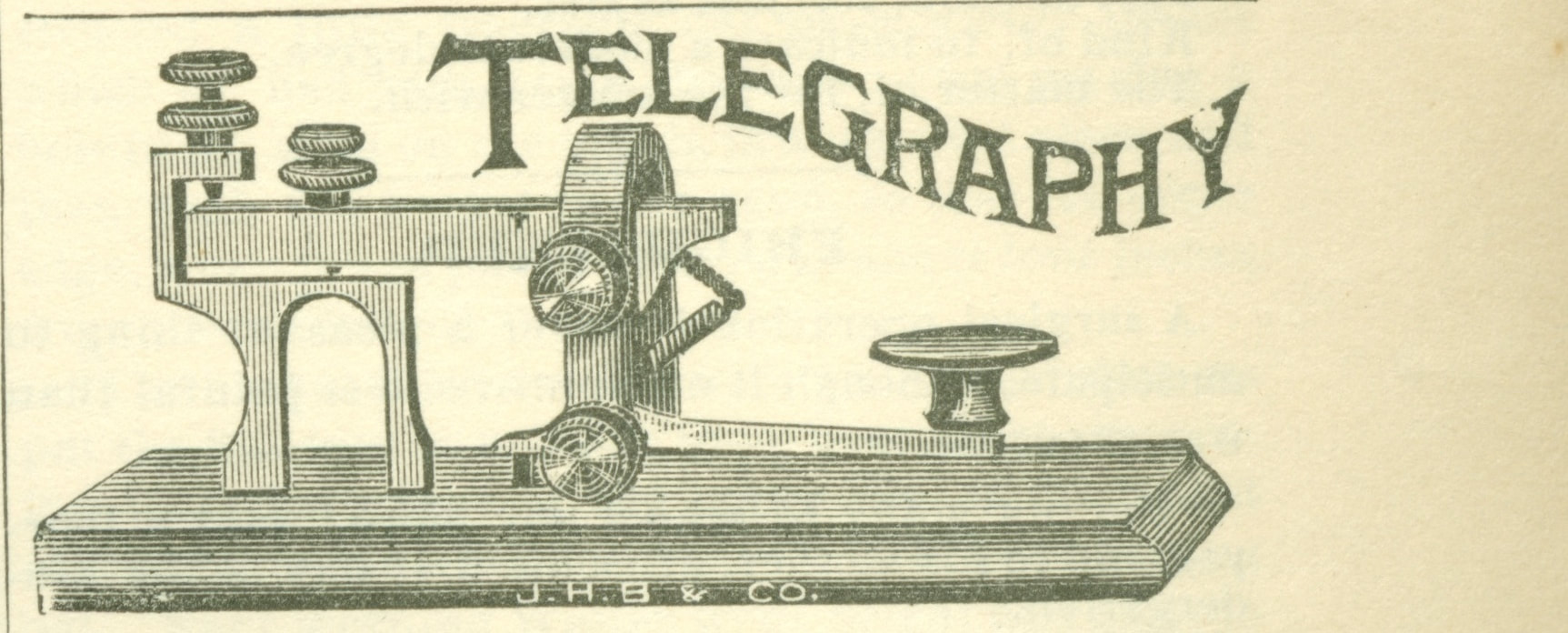
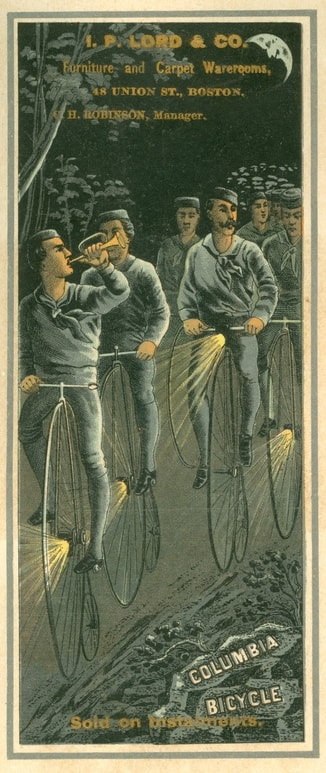
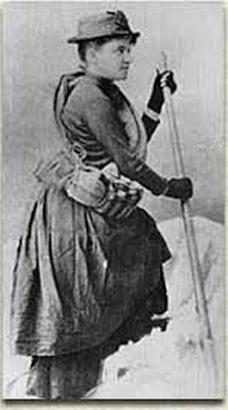
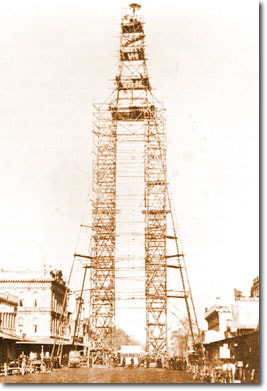
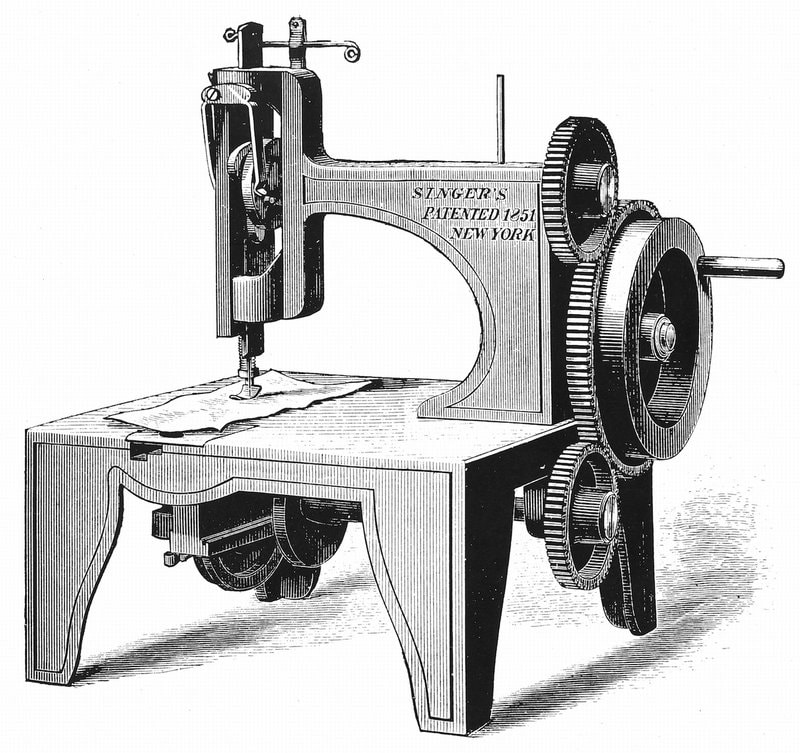
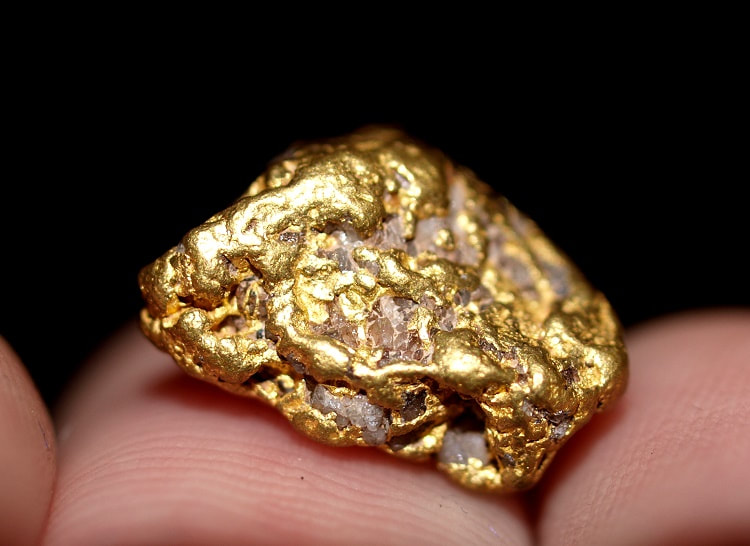
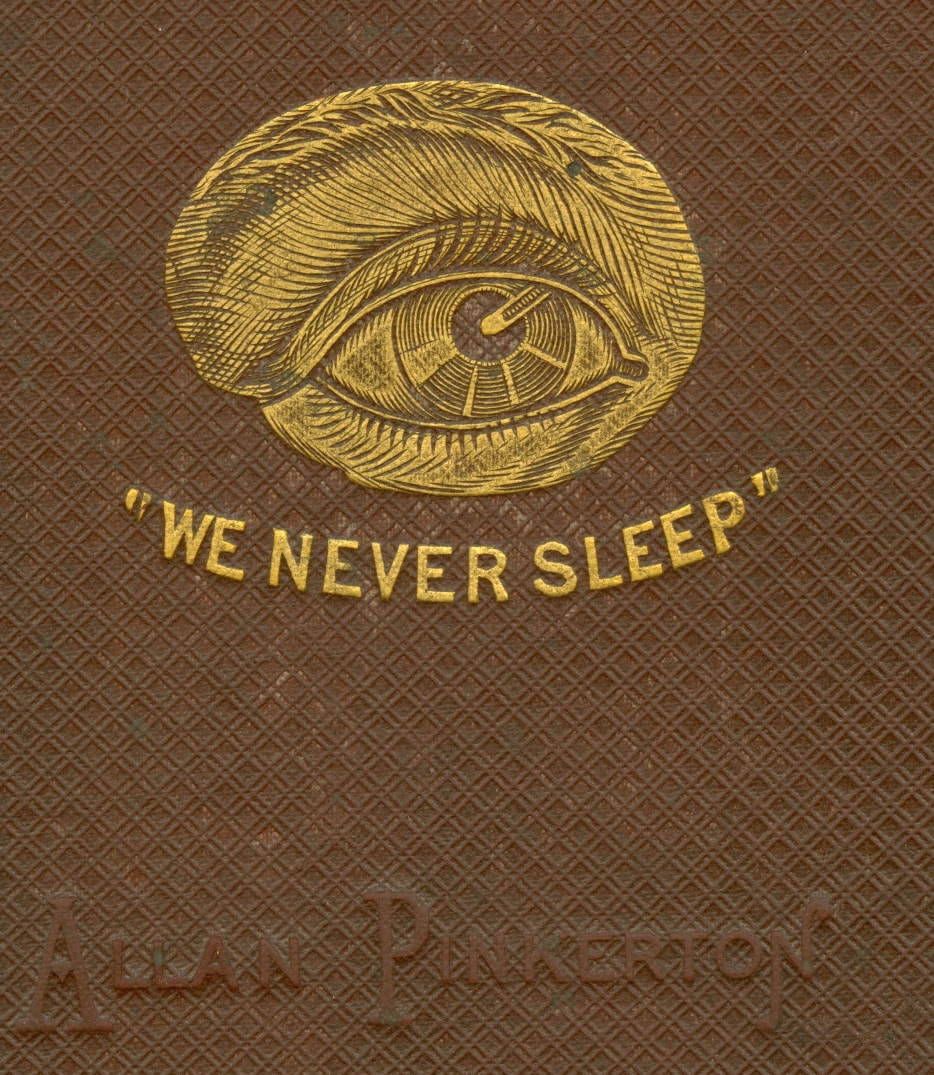
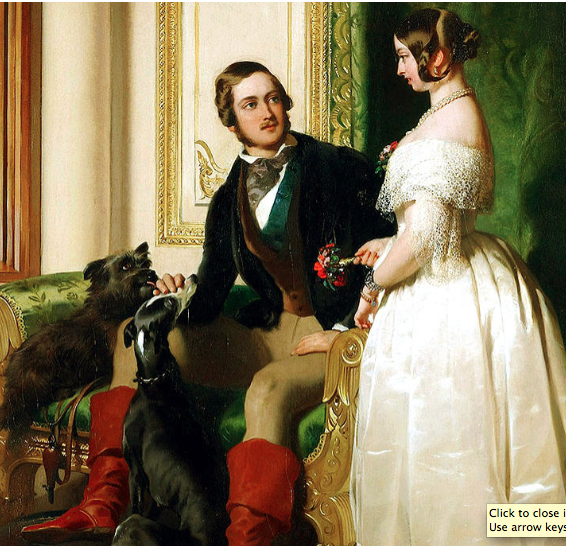
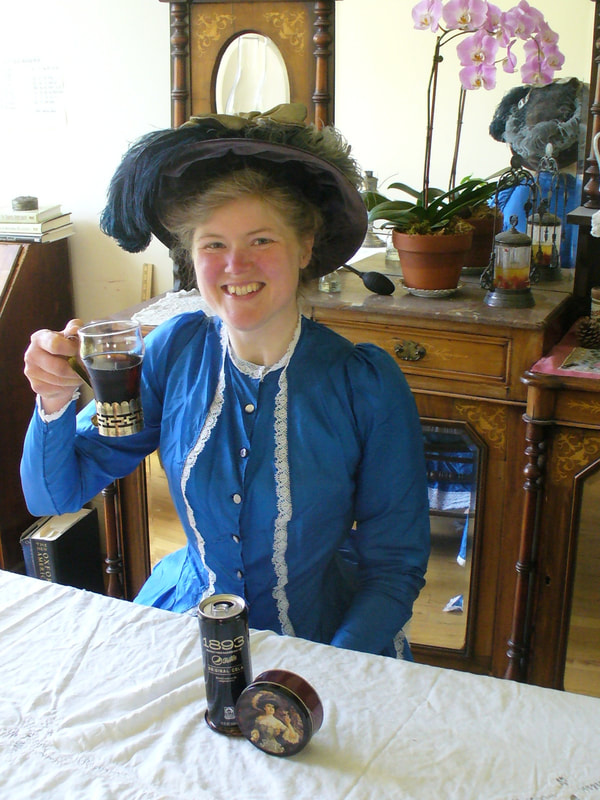
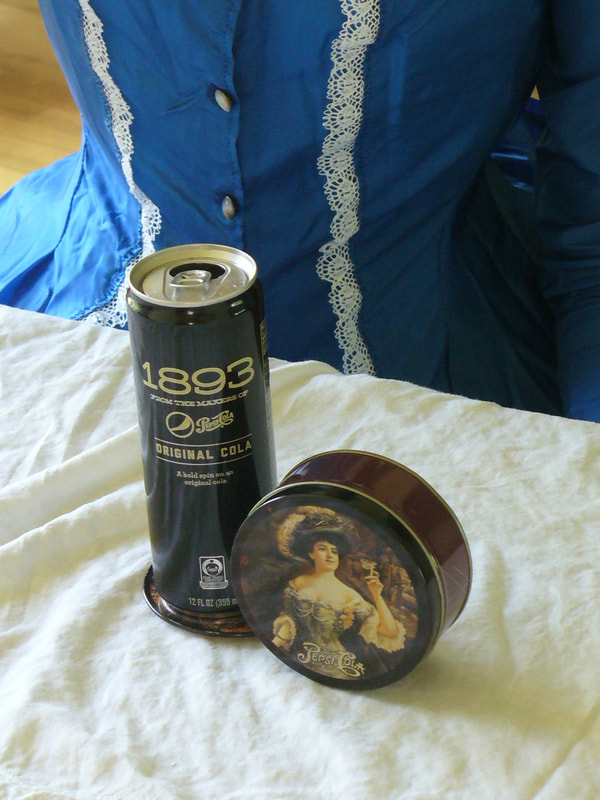
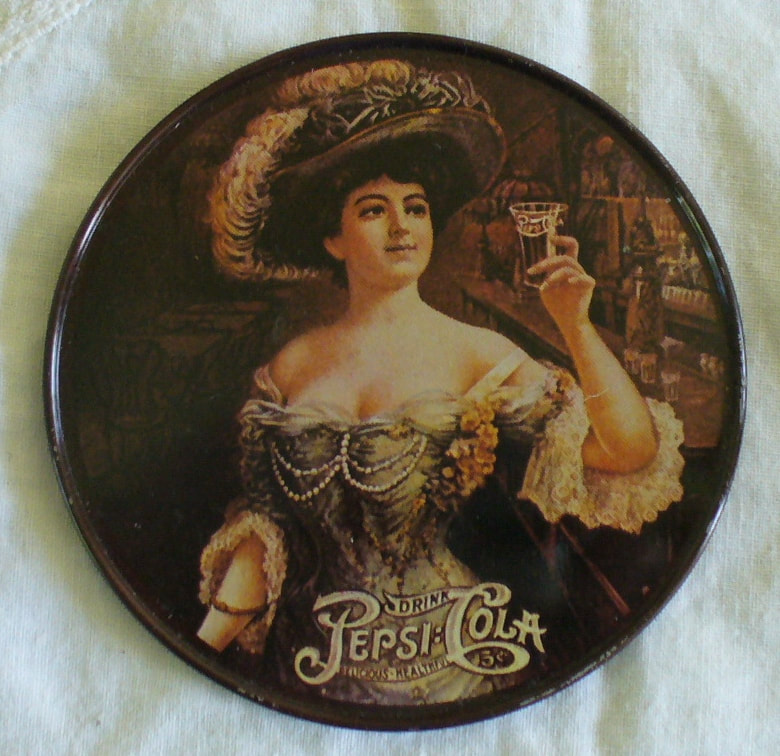
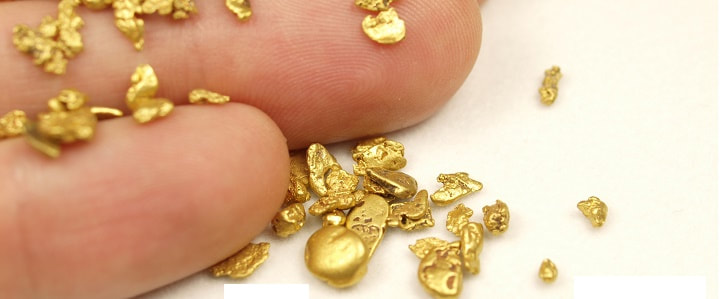
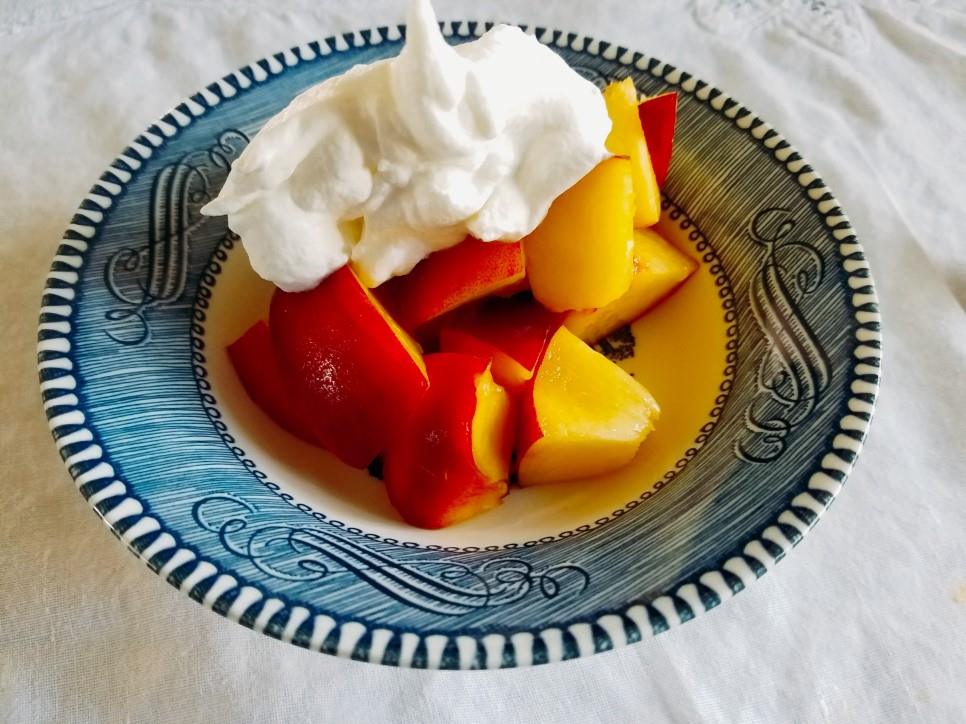
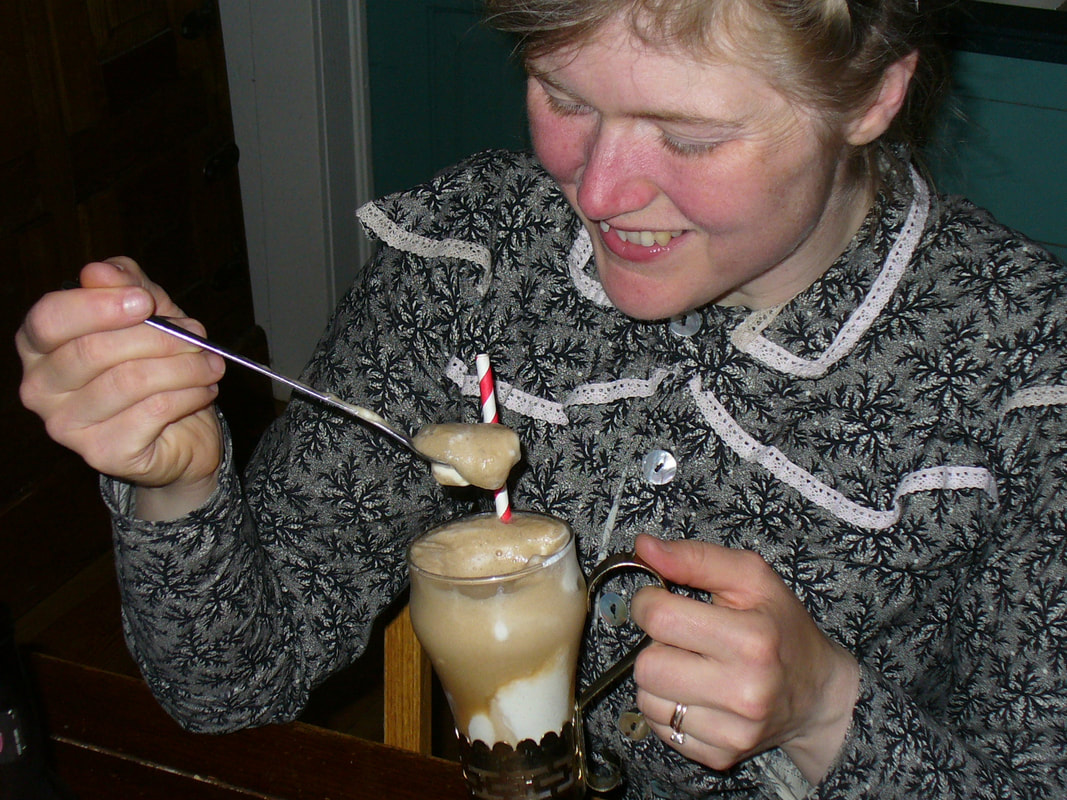
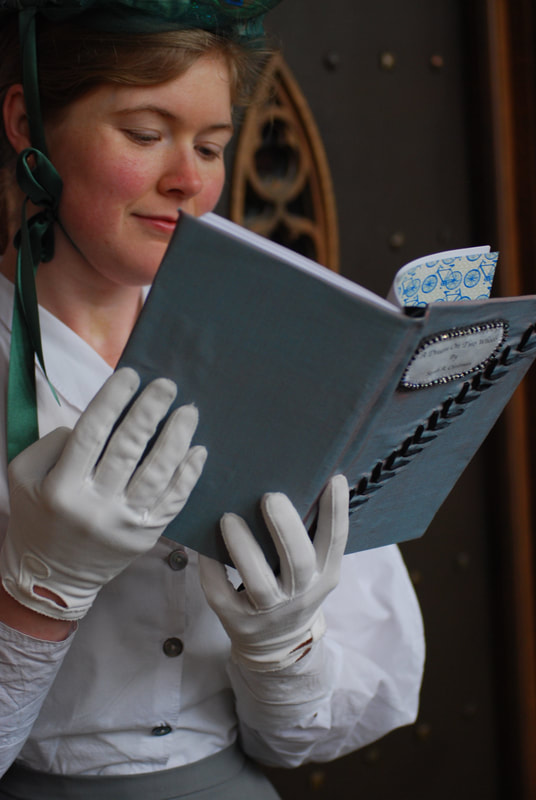
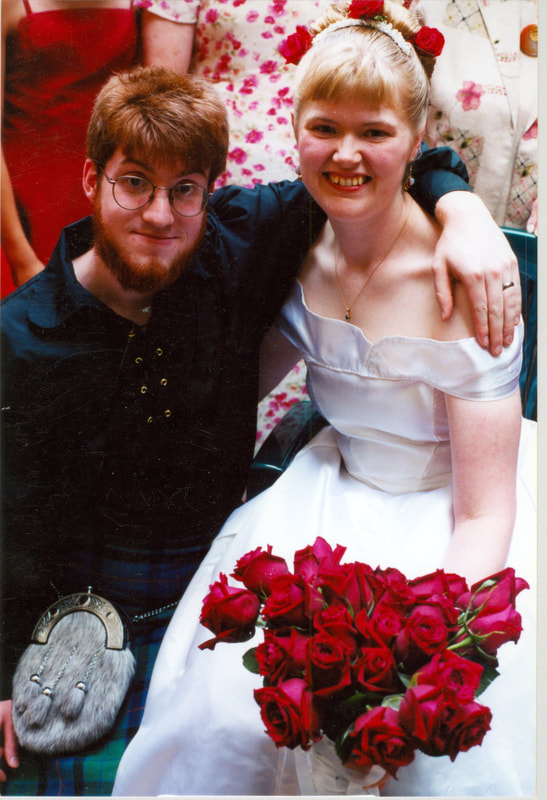
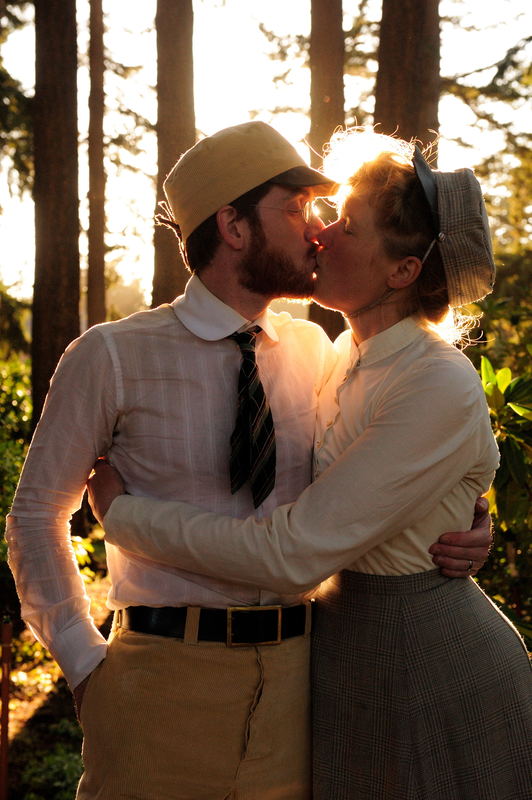
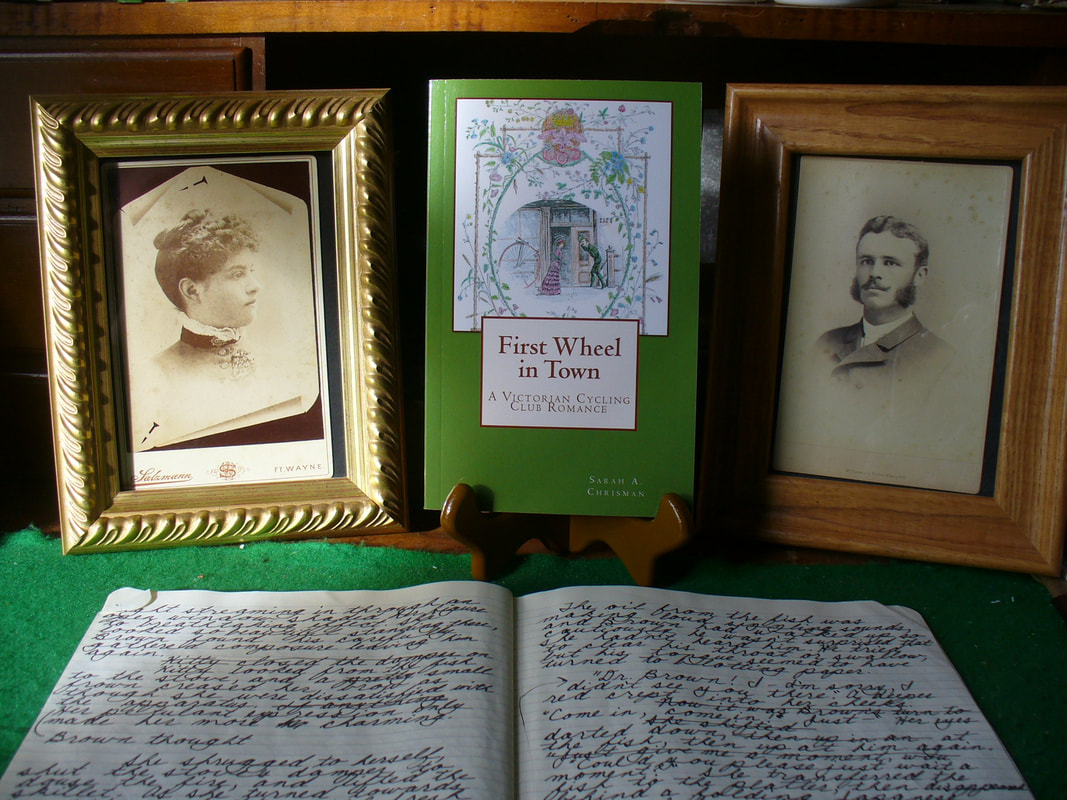
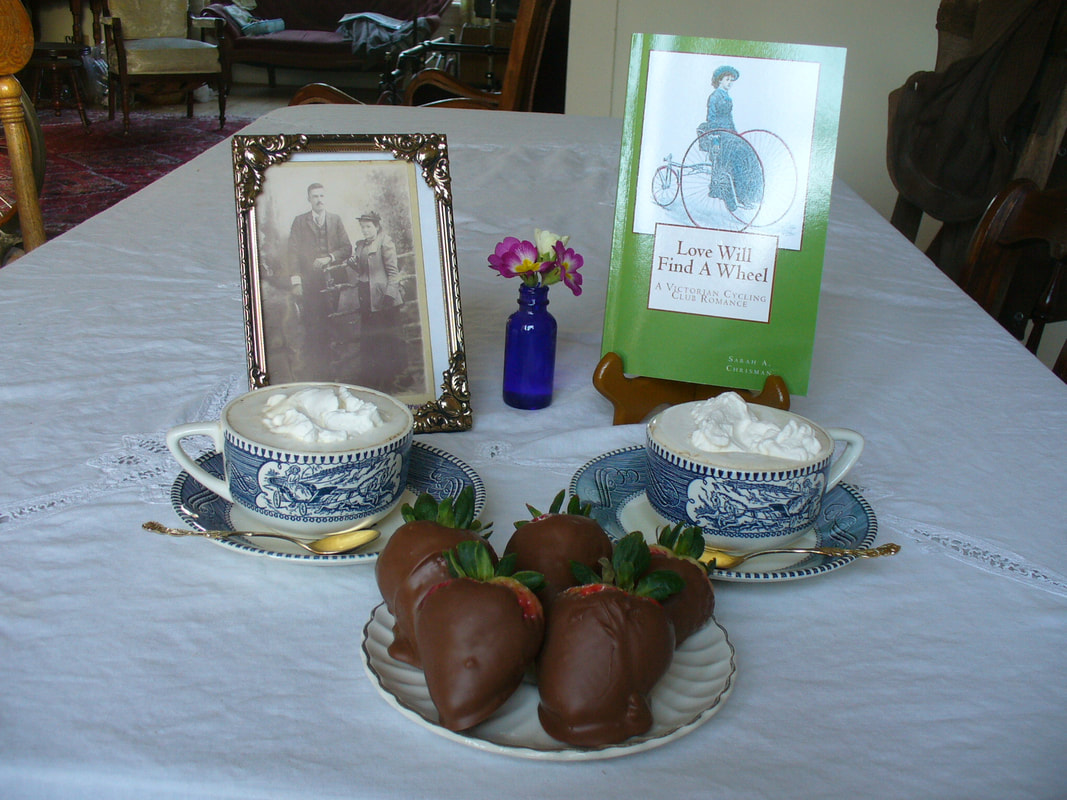
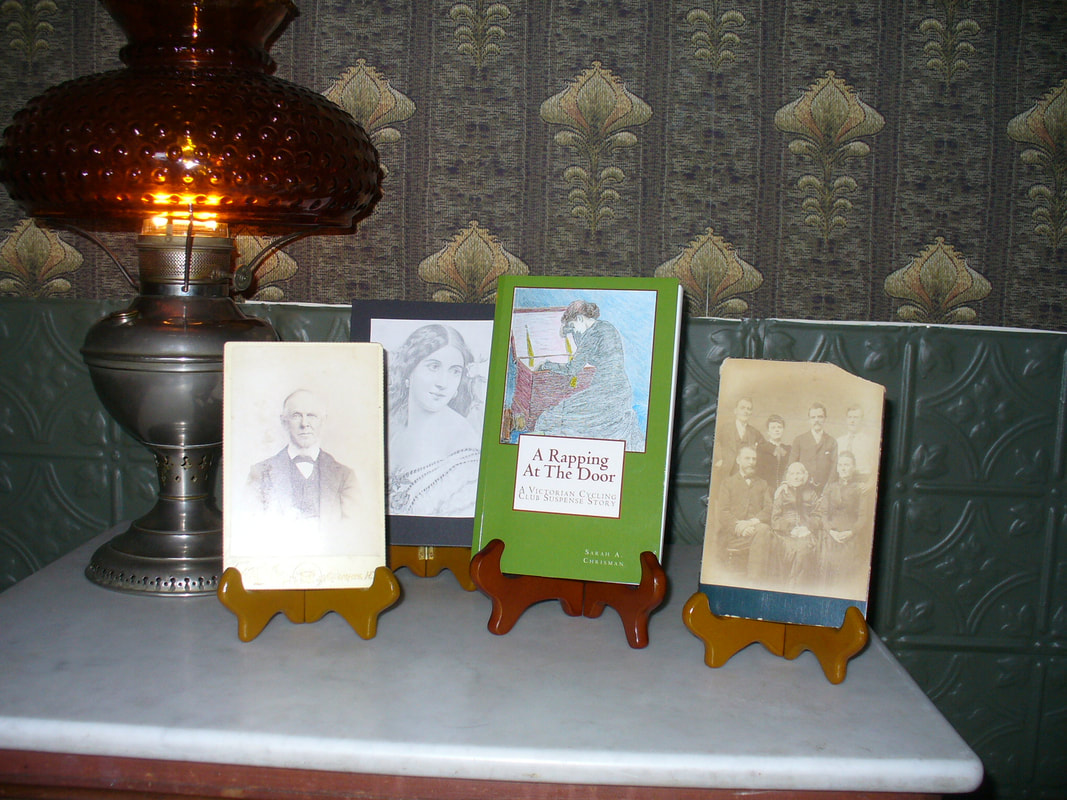
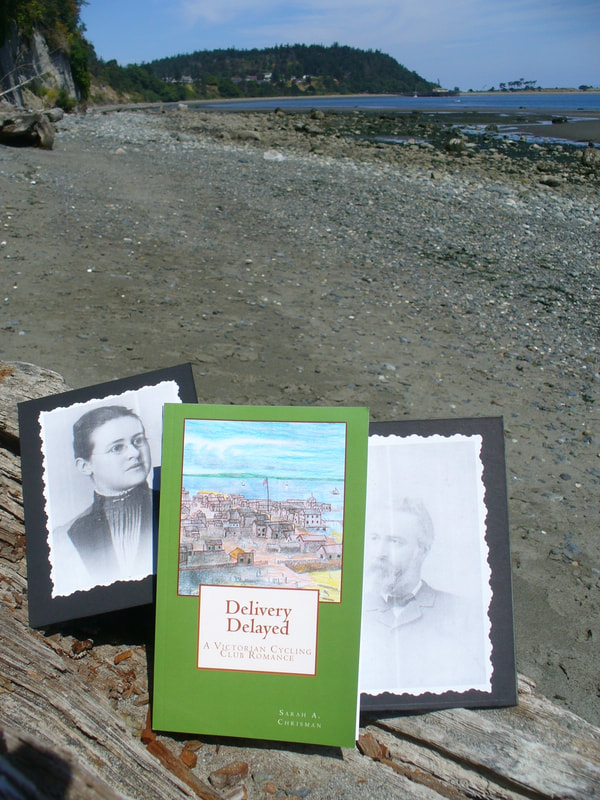
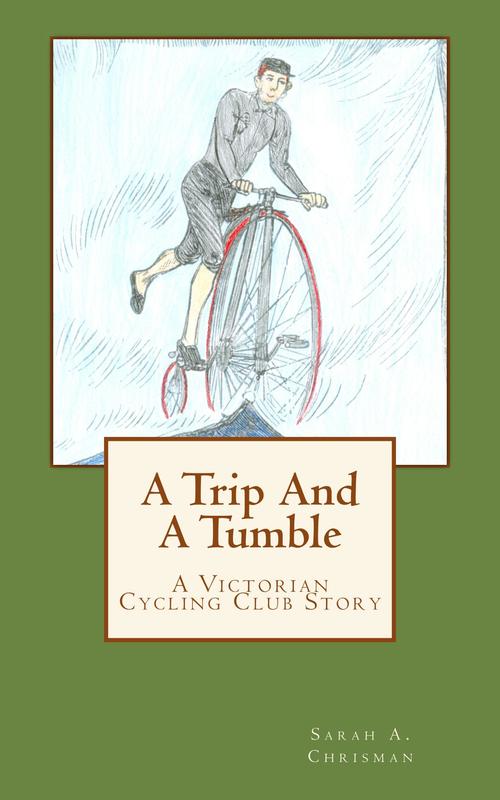
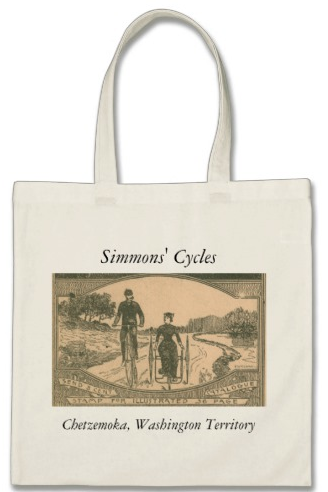
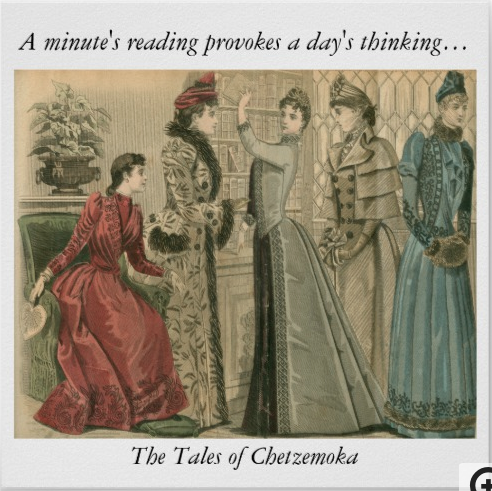
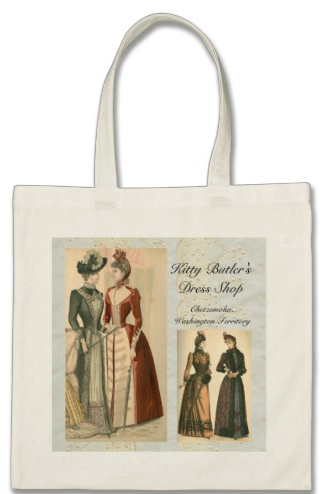



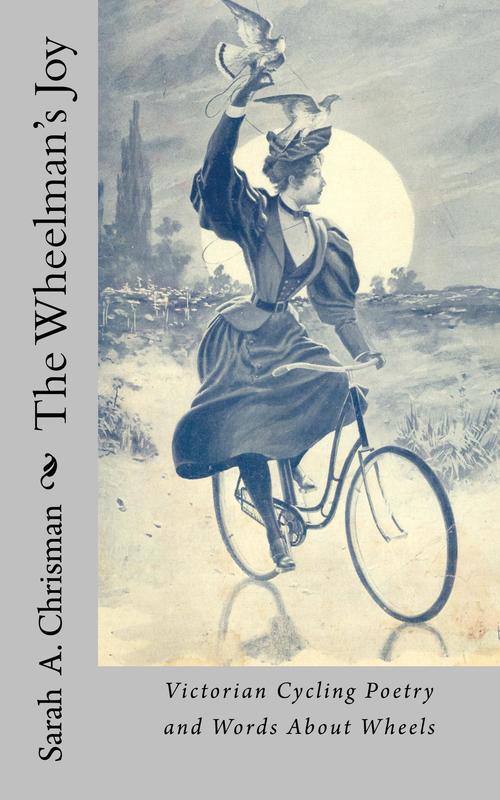
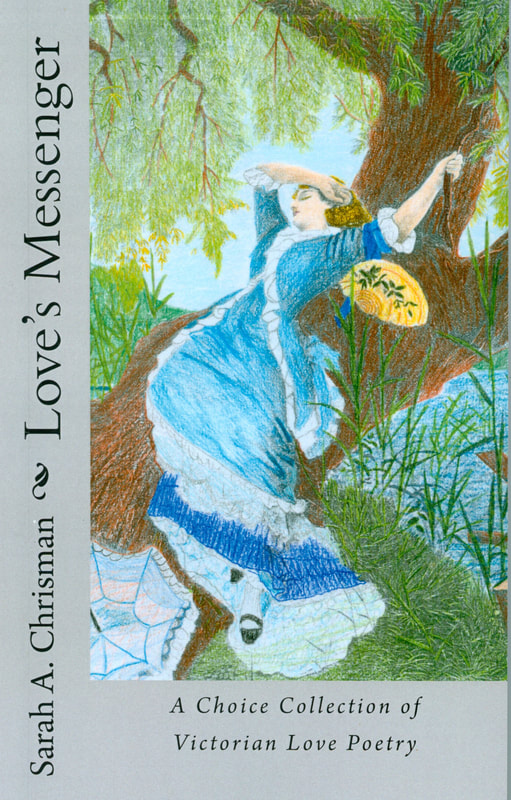

 RSS Feed
RSS Feed